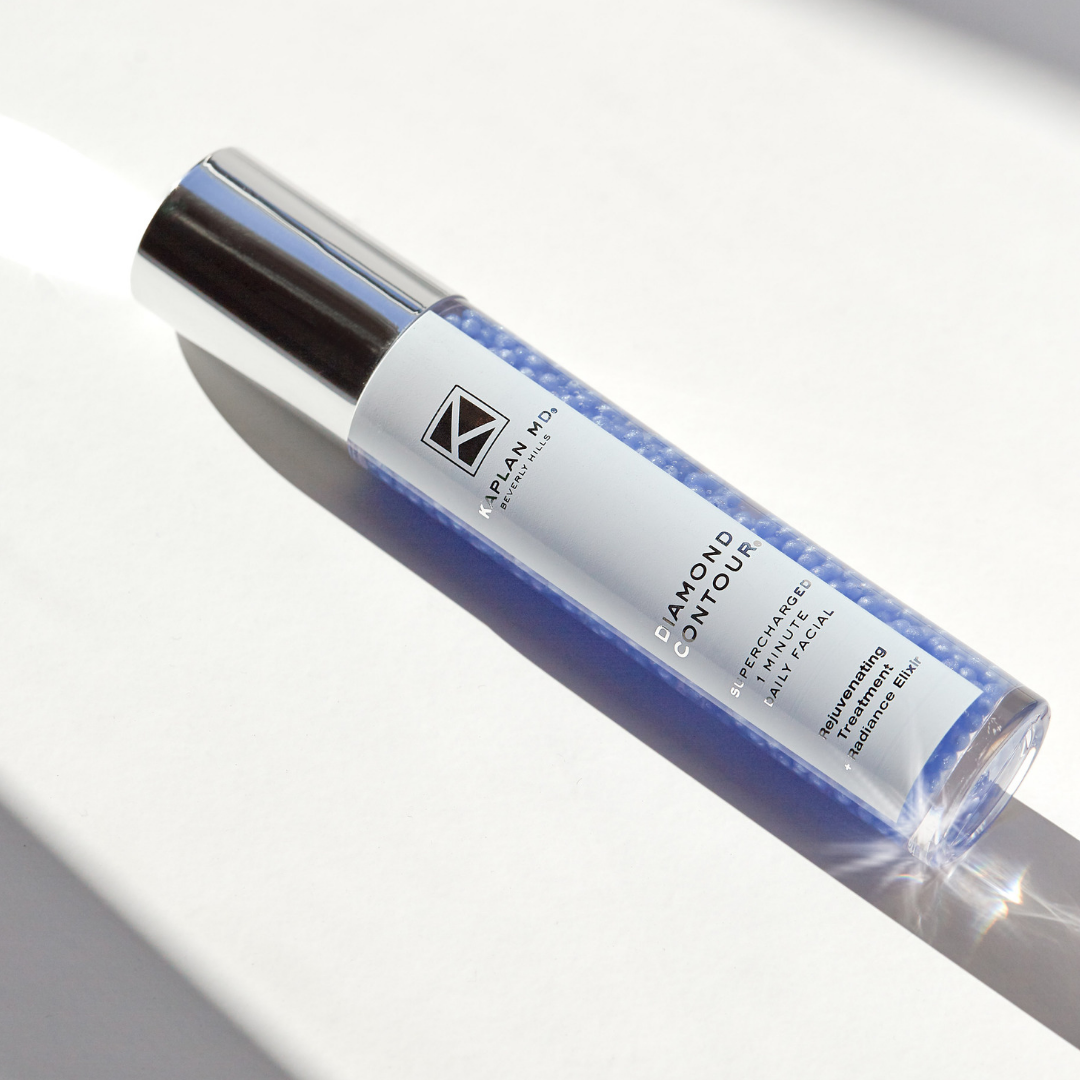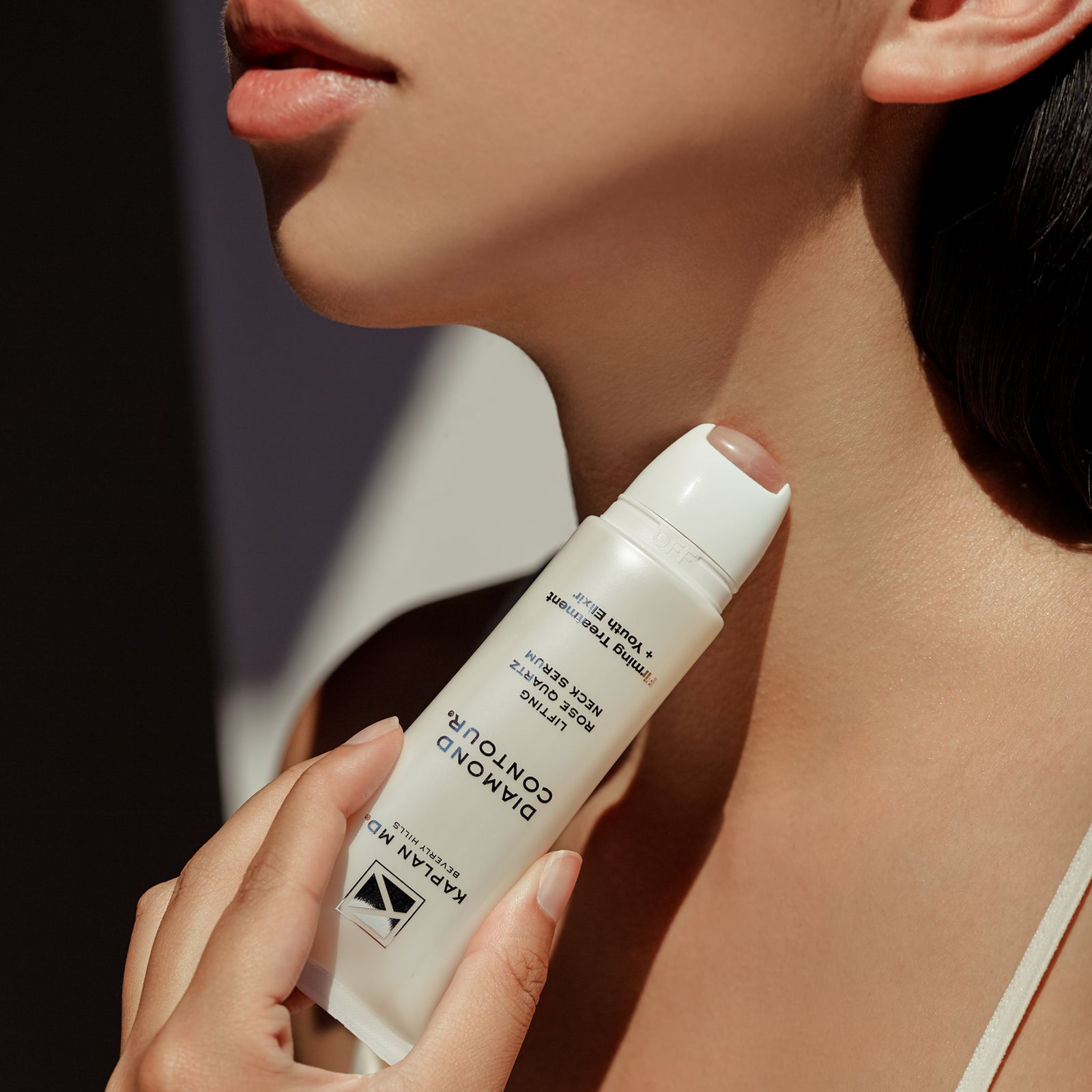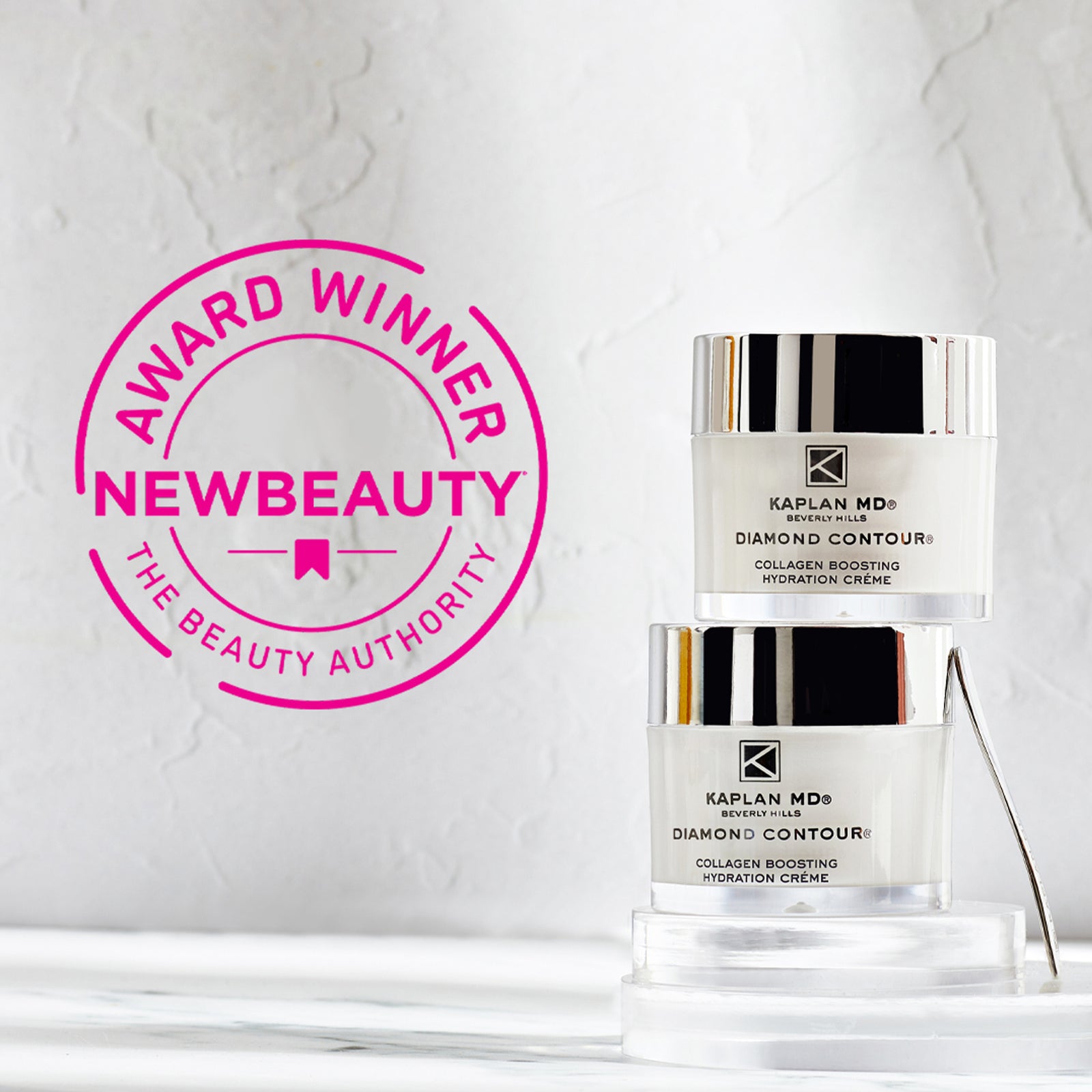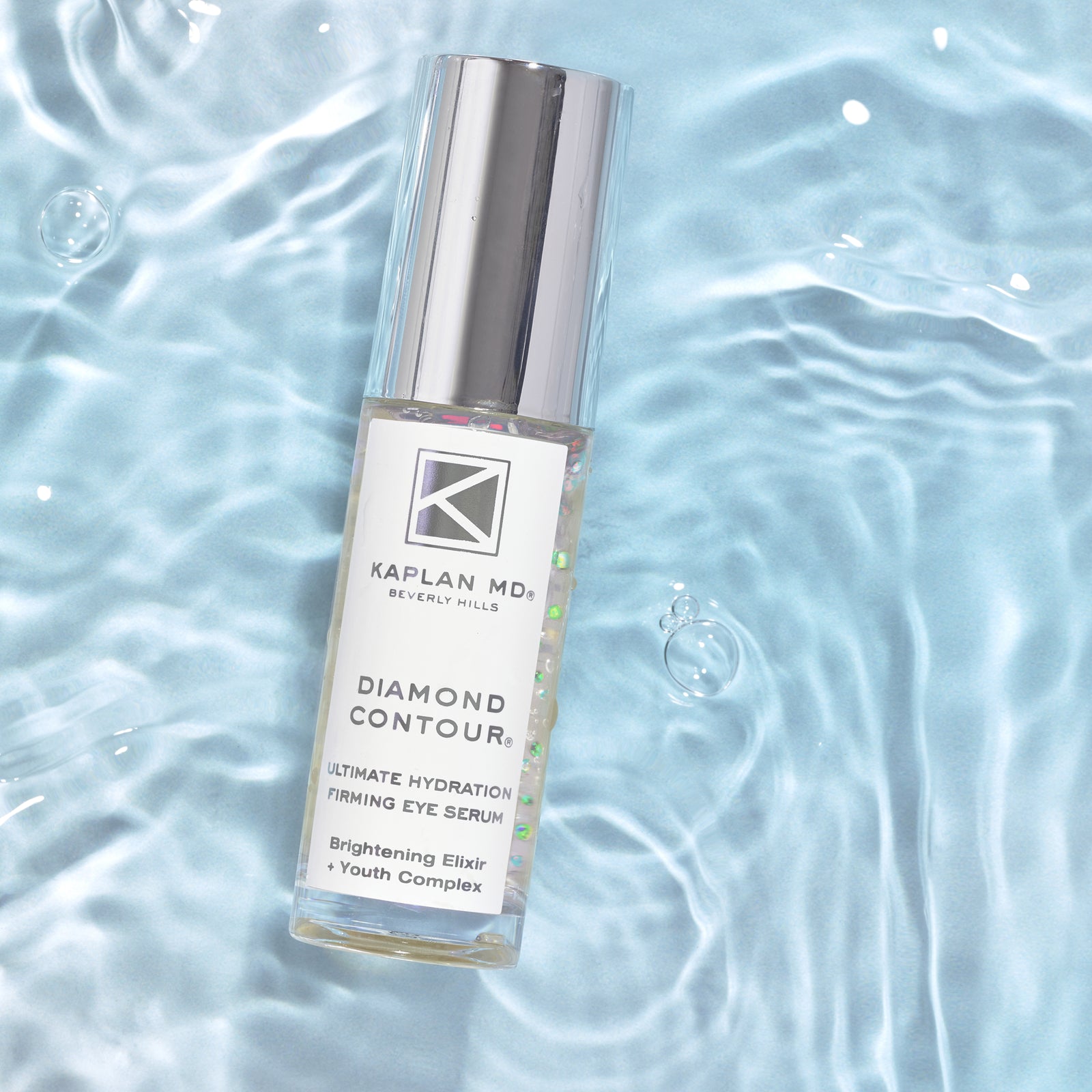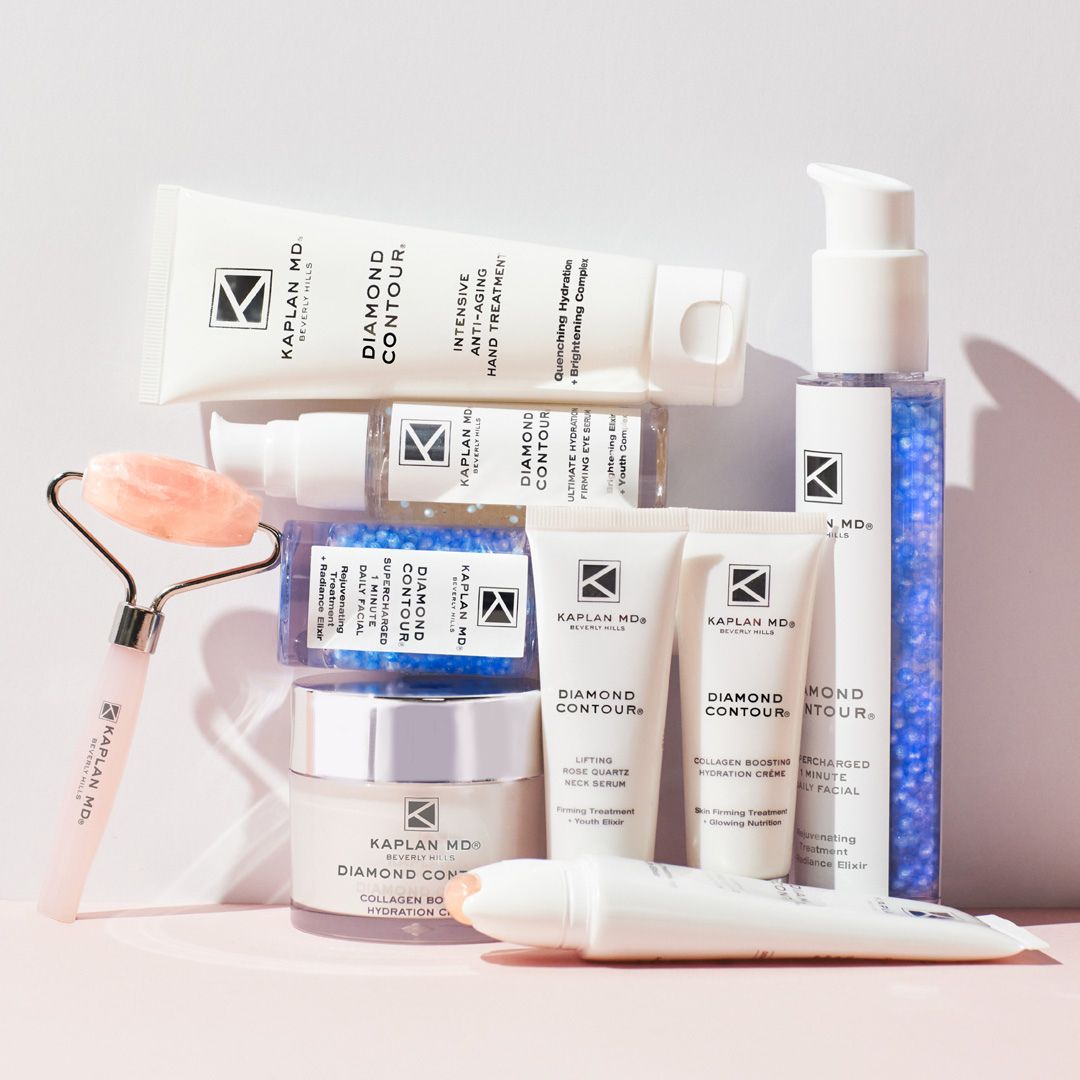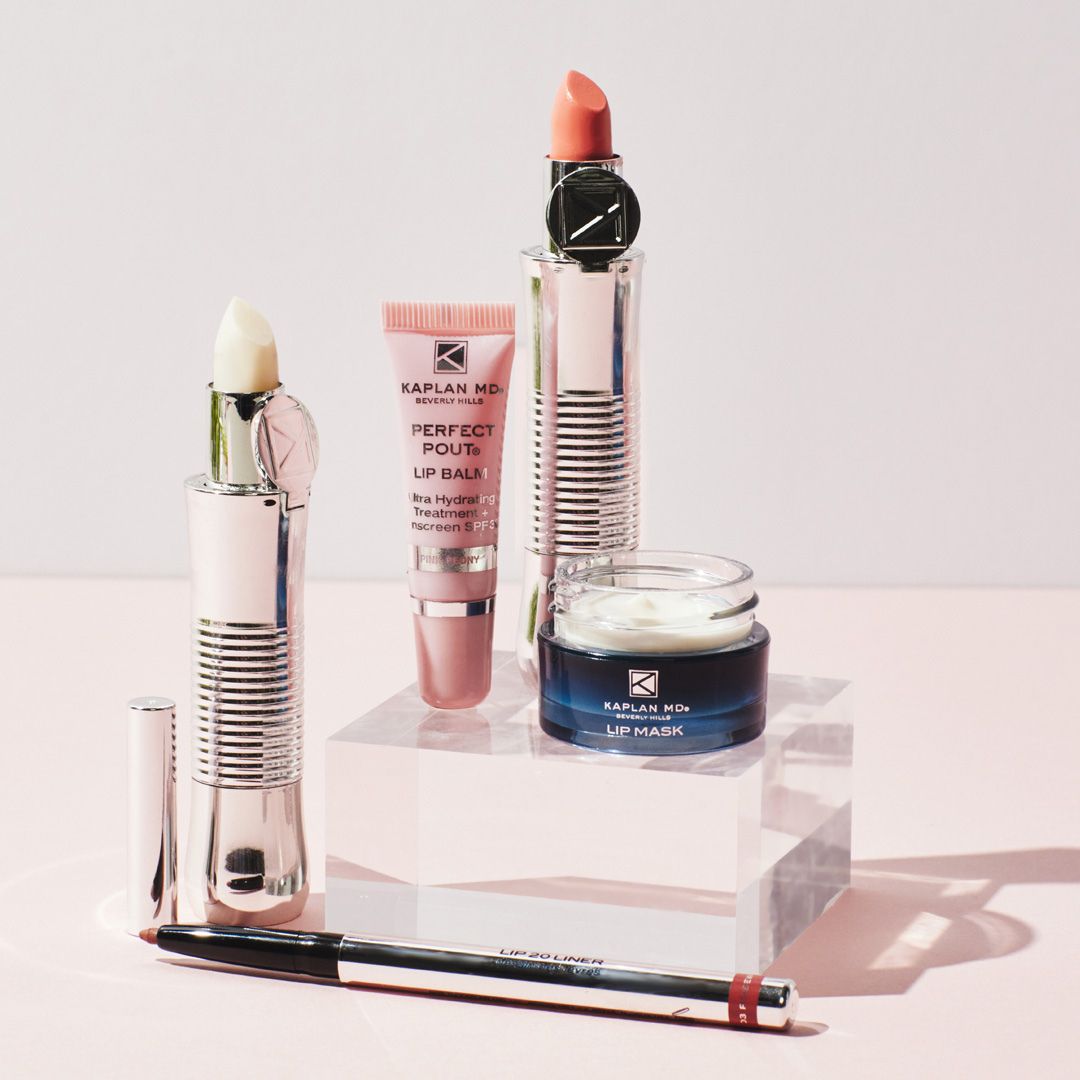Dr. Kaplan – Mohs Surgery
MOHS SURGERY
Mohs surgery, also called Mohs or Mohs micrographic surgery, is a specialized treatment for removing skin cancer. Your dermatologist will determine if Mohs surgery is appropriate for treating your skin cancer, depending on the type of skin cancer you have and its location.
WHAT IS MOHS SURGERY?
Mohs surgery is the surgical removal of skin cancer from your skin, layer by layer. Mohs surgery is the only treatment method that allows the evaluation of skin cancer cells during the procedure, which results in the highest cure rate possible while removing the least amount of normal tissue.For certain cases of basal cell carcinoma or squamous cell carcinoma – the most common types of skin cancer – the cure rate can be as high as 99%.
HOW IS MOHS SURGERY PERFORMED?
Mohs surgery is usually performed as an outpatient procedure in a dermatologist’s office or outpatient surgical suite. You remain awake during Mohs, ad are given a local anesthetic to numb the surgical area. The use of a local anesthetic instead of general anesthesia, which puts the patient to sleep, reduces recovery time and has fewer side effects.If you are concerned about discomfort during the procedure, ask your Mohs surgeon if a mild sedative or additional pain reliever can be provided to make you feel more comfortable.
Once the anesthesia has taken effect, the Mohs surgeon removes the visible skin cancer. The tissue that is removed is examined under a microscope by the Mohs surgeon to determine if there are any cancer cells remaining at the outer edges of the removed tissue. During this time, you remain in the surgical suite or office.
If cancer cells are still present at any edge of the removed tissue, the Mohs surgeon will continue to cut out additional layers of skin or underlying affected tissue until cancer cells are no longer seen. This technique allows for the complete removal of the skin cancer, yet minimizes the removal of healthy skin. In most cases Mohs surgery can be completed within a dark or less.
After the Mohs surgery is completed your surgical wound may be left to heal on its own. More commonly, it may need to be surgically repaired. The surgical repair may be done on the same day as the Mohs surgery or on another day. Your Mohs surgeon will determine the best approach with you. In certain instances, you may be referred to another doctor.
WHEN IS MOHS SURGERY THE BEST TREATMENT OPTION?
Because the surgeon removes on the tissue that contains cancer, the patient keeps a much healthy tissue as possible. This is especially important when the skin cancer develops in sensitive areas, such as the face, an ear, a finger or toe or the genitals. Mohs surgery is useful for other types of aggressive or difficult to treat sun cancers, such as those that are rapidly growing, are large, have poorly defined borders or regrow following a previous treatment.
WHY DO DERMATOLOGISTS RECOMMEND MOHS SURGERY?
Dermatologist recommend Mohs surgery because it offers the highest cure rate for most skin cancers and removes the least amount of normal, healthy tissue.
IS MOHS THE BEST SKIN CANCER TREATMENT?
While Mohs surgery has many disadvantages, it is not the right treatment for everyone, or for every skin cancer. You dermatologist considers many factors before determining if Mohs surgery is right for you. These factors include the type of skin cancer and its location, as well as your health.Your dermatologist will discuss your treatment options and recommend treatments for your skin cancer.
All content solely developed by the American Academy of Dermatology.

